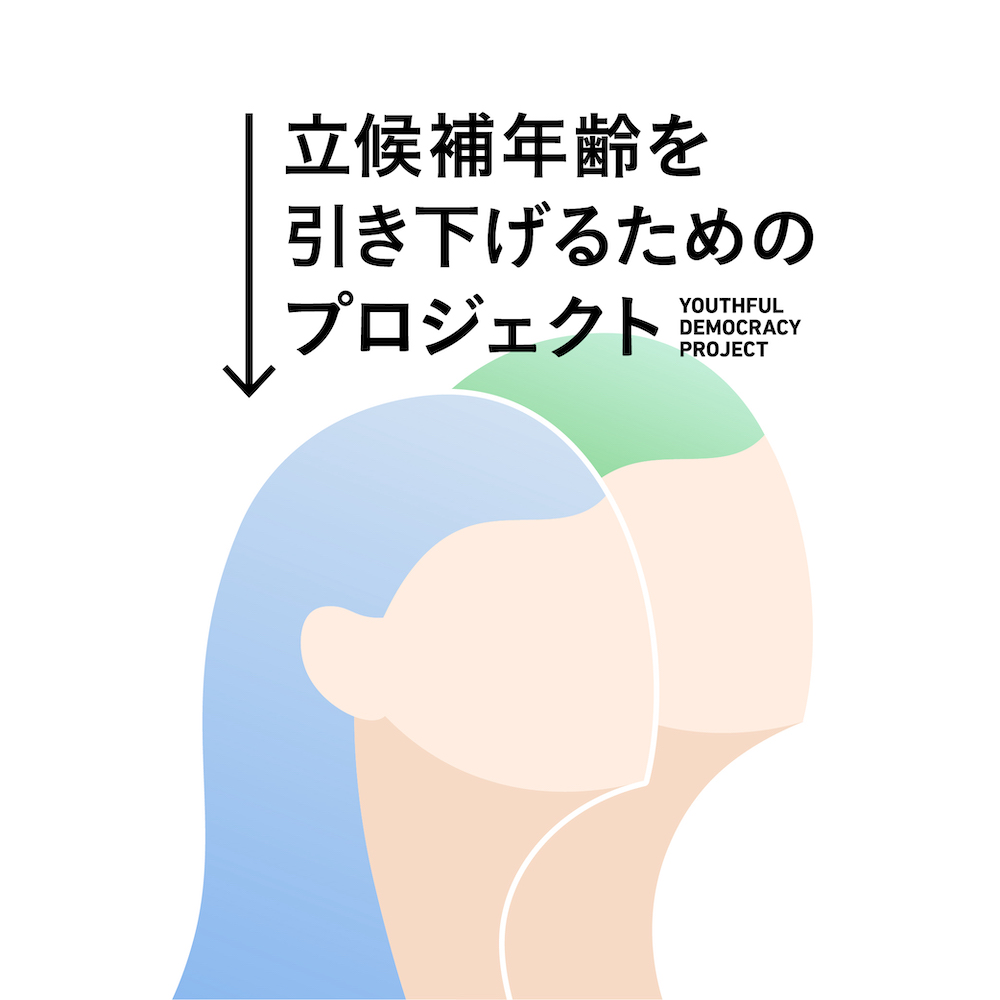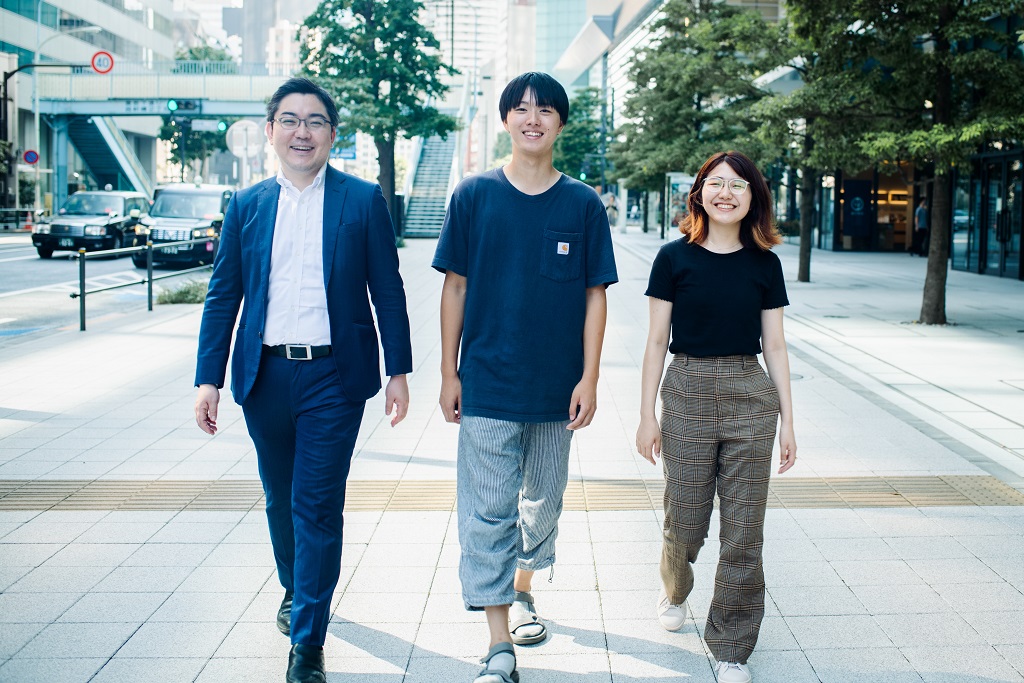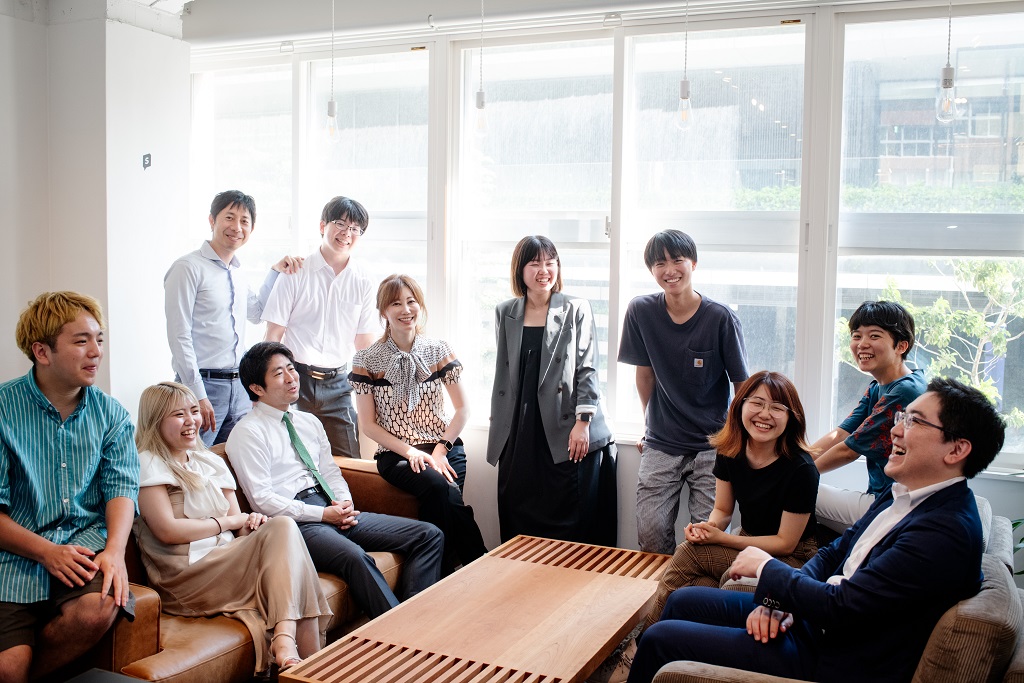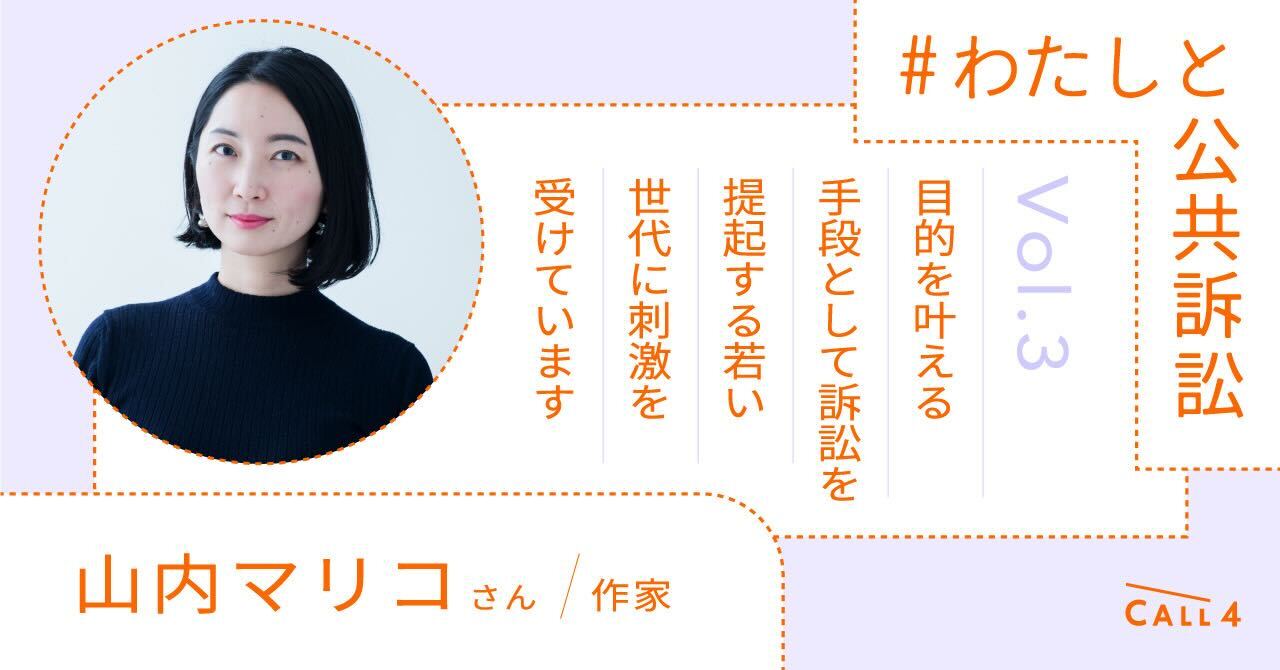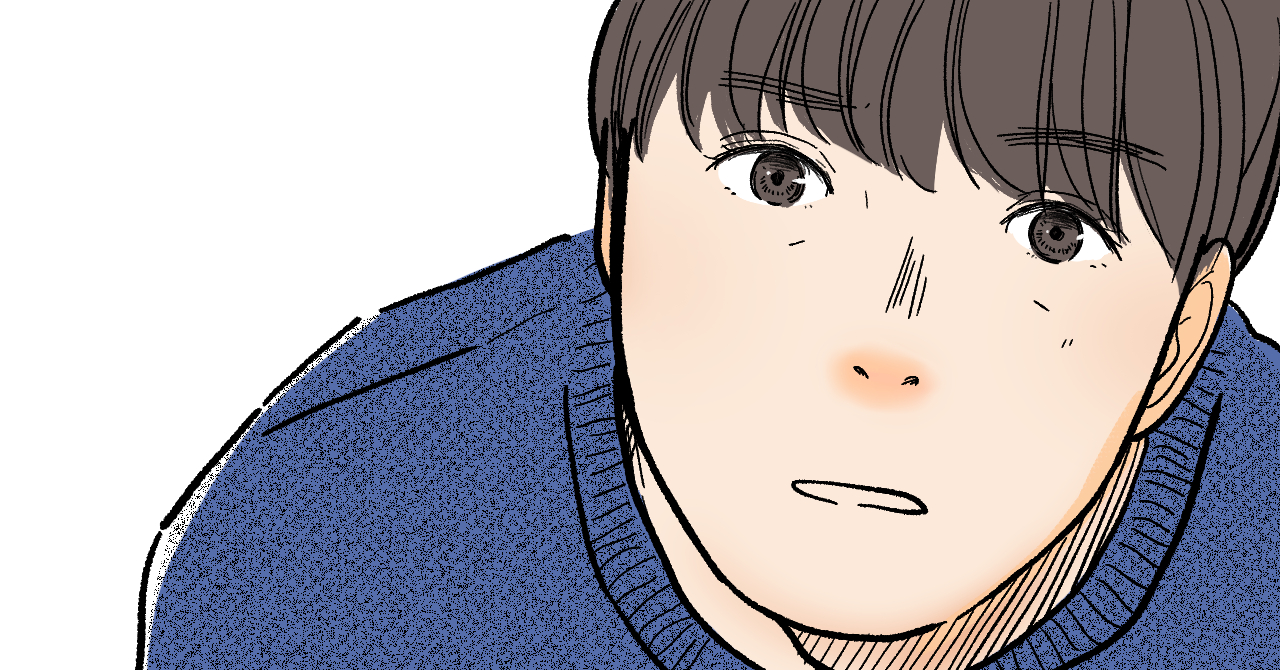立候補年齢引き下げ訴訟 Lawsuit for Lowering the Age of Candidacy
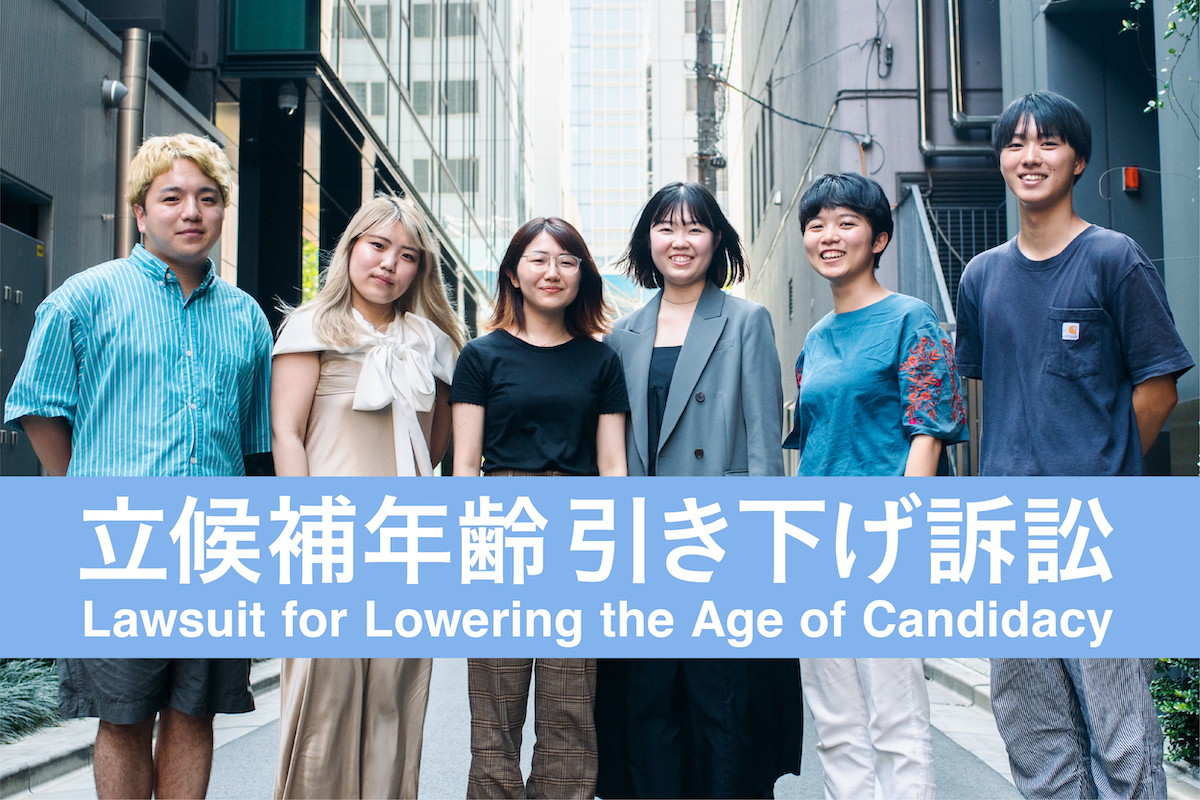
日本が直面する少子高齢社会、中高年が多くを占める政治の場に、若い世代の声はなかなか届きません。戦後変わらない立候補年齢は若者の政治参加を制限し、社会の一員として政治に関わることを難しくしています。長期的な視点を持った10代・20代の声が届く政治は、日本をもっと持続可能で、生きやすい社会にします。若い世代の声が届く社会に向けて、私たちは立候補年齢の引き下げを提案します。 In Japan’s aging society, where the older generation dominates the political arena, it is difficult for the voices of the younger generation to be heard. The unchanged age of candidacy since the post-war era restricts young people’s political participation and makes it difficult for them to engage in politics. A politics that embraces the voices of teenagers and people in their 20s with a long-term perspective will create a more sustainable and livable society in Japan. In pursuit of a society where the voices of the younger generation are heard, we propose lowering the age of candidacy.
第8回期日報告
8th Periodic Report
2025/4/15 0:06
日頃より、本件に対するあたたかいご支援をいただき、誠にありがとうございます。
4月14日(月)午前11時より、東京地方裁判所703号法廷にて第8回口頭弁論が行われました。以下、当日の内容についてご報告申し上げます。
〇提出書面について
今回の期日では、原告が提出した第10準備書面および第11準備書面に対する反論として、被告より準備書面(4)が提出されました。
原告第11準備書面では、第10準備書面で新たに展開した「普通選挙制度」や「治者と被治者の自同性」等の客観法制度に関する新主張の法的位置づけを整理しました。これに対して被告の準備書面(4)では一定の反論がなされましたが、新たな論点に関する主張はありませんでした。
〇原告・証人尋問について
前回期日において原告側が申請した人証(原告本人および専門家)について、今回、裁判所から決定が出されました。 結果として、原告側の人証申請はいずれも「必要性がない」として却下されました。理由についての詳細な説明は示されませんでしたが、既に提出済みの陳述書・意見書によって審理としては十分であるとの判断が働いたものと考えられます。
なお、次回期日では、原告らが30分間の意見陳述を行う機会が与えられました。これは、訴訟を通じた社会的なメッセージを伝える貴重な場になると考えています。
〇今後の進行について
次回第9回期日では、原告による意見陳述が予定されており、これをもって口頭弁論が終結し、結審となる可能性が高くなっています。
・次回期日:2025年6月23日(月)13時30分~
・場所:東京地方裁判所703号法廷
傍聴席は先着順となっております。お時間の許す方は、ぜひ足をお運びいただき、原告の声に耳を傾けていただければ幸いです。引き続き、本件へのご関心・ご支援のほど、何卒よろしくお願い申し上げます。
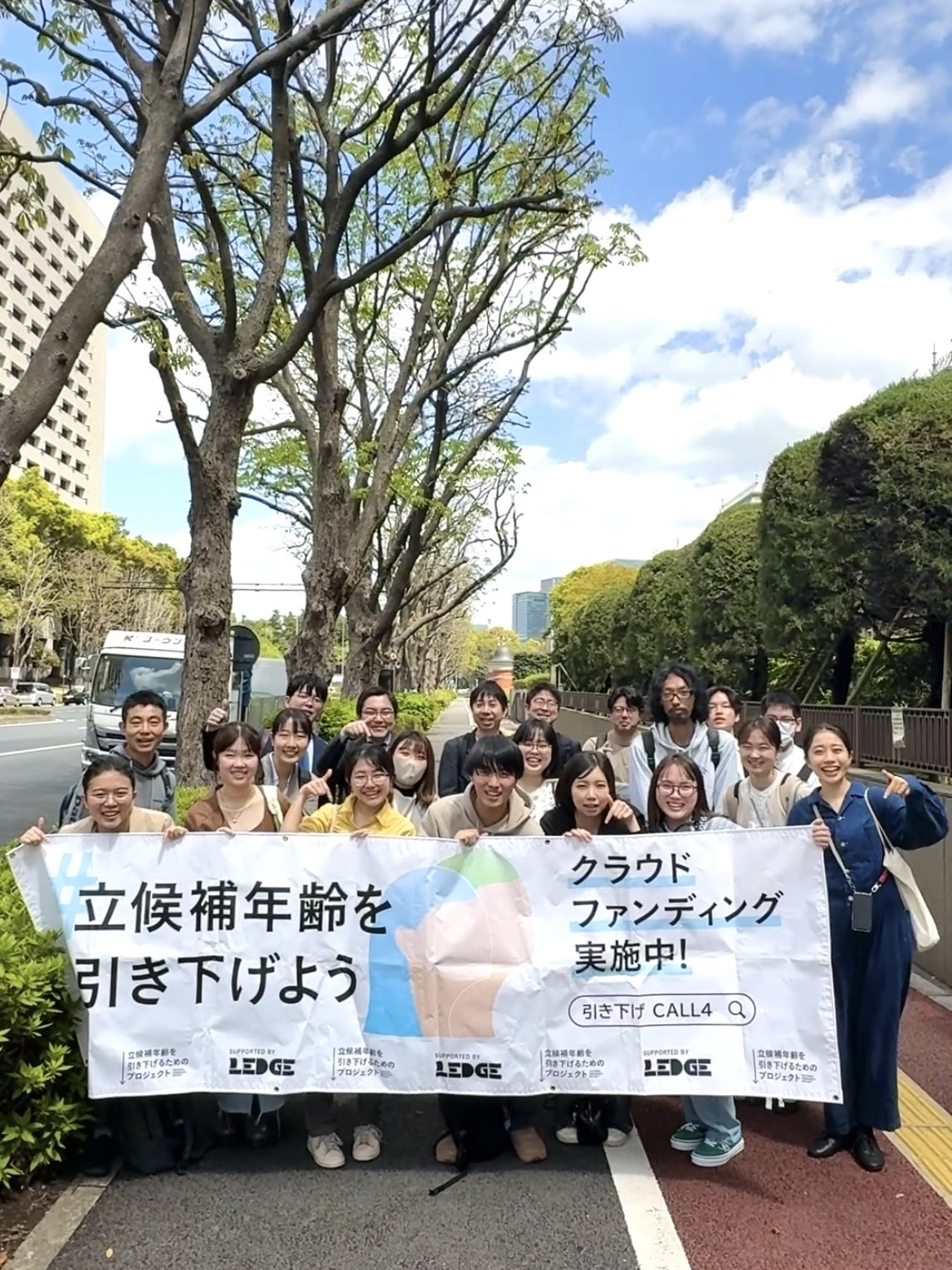
We would like to express our sincere gratitude for your ongoing support for this project.
The eighth oral argument took place on Monday, April 14th at 11:00 a.m. in Courtroom 703 of the Tokyo District Court. Below is a report on the proceedings that took place that day.
Regarding documents to be submitted
At this hearing, the defendant submitted Preparatory Brief (4) in rebuttal to the Plaintiff's Preparatory Briefs Nos. 10 and 11 .
In Plaintiff's Preparatory Brief No. 11, the legal positioning of the new arguments regarding the objective law system, such as "universal suffrage" and "the identity of rulers and the governed," newly developed in Preparatory Brief No. 10, was summarized. In response, Defendant's Preparatory Brief (4) made certain counterarguments, but did not assert any new points.
Regarding the examination of plaintiffs and witnesses
The court has now issued a decision regarding the witness testimony (the plaintiff himself and an expert) requested by the plaintiff at the previous hearing. As a result, all of the plaintiff's witness testimony requests were rejected as "not necessary." No detailed explanation was given as to the reasons, but it appears that the court decided that the statements and opinions already submitted were sufficient for the hearing.
At the next hearing, the plaintiffs were given a 30-minute opportunity to present their opinions. We believe this will be a valuable opportunity to convey a social message through the lawsuit.
Regarding future progress
At the next hearing, the 9th hearing, the plaintiff is scheduled to present his/her case, which will likely mark the end of oral argument and the conclusion of the trial.
Next hearing date: Monday, June 23, 2025, 1:30 p.m.
- Location: Tokyo District Court, Courtroom 703
Seating is available on a first-come, first-served basis. If you have time, we would appreciate it if you would come and listen to the plaintiffs' voices. We appreciate your continued interest and support in this case.

第7回期日報告
7th Periodic Report
2025/2/6 21:15
2月6日(木)午前11時より、東京地方裁判所703号法廷にて第7回口頭弁論が行われました。法廷には多くの傍聴者が集まり盛況となりました。日頃からの暖かいご支援、誠にありがとうございます。
今回の期日では、原告側が第10準備書面を提出し、被告が前回提出した準備書面⑶への反論を行いました。特に重要な論点として、以下の2点について主張しました。
1点目は、原告の請求の適法性についてです。被告は「原告の請求は裁判所に法改正を求めるものであり不適法である」と主張しています。たしかに、三権分立の構造の下、法律の制定・改正は国会の専権事項であり、裁判所が法改正を行うことはできません。しかし、原告が裁判所に求めているのは現在の法制度を前提とする原告と国との間の具体的な地位や法律関係の確認です。今回の準備書面では、原告の請求が法改正そのものを求めるものではないことを明確に示しました。
2点目は、思慮分別(=能力)基準の不合理性です。かつての公職選挙法は成年被後見人が選挙権・被選挙権を行使することを禁止していましたが、平成25年に出された違憲判決を契機に法改正が行われ、これらの制限は一律に廃止されました。この改正の議論では、成年被後見人も多様であり、選挙権等を行使する能力を類型的に定義することは困難であることが理由の一つとされていました(甲B75:第183回国会議事録)。これを踏まえると、被選挙権年齢制限についても、国が思慮分別という能力に基づいて制限を正当化することは不合理です。成年被後見人には能力の区別なく被選挙権が認められているにもかかわらず、成人であり、行為能力や選挙権を有する18歳以上の者から被選挙権を剥奪することは合理性を欠くと主張しました。
以上に加えて、今回の期日では、今後の原告本人尋問・証人尋問の実施に向けて、人証申請を裁判所に対して行いました。
次回の期日では、これらに対する被告側の反論や意見が提出されることとなりました。
次回第8回期日は2025年4月14日(月)11:00から、703号法廷で開催される予定です。
傍聴席は先着順となりますので、ぜひお早めにお越しください。皆さまのご参加を心よりお待ちしております。 引き続き、本件に関する応援やご関心をどうぞよろしくお願いいたします。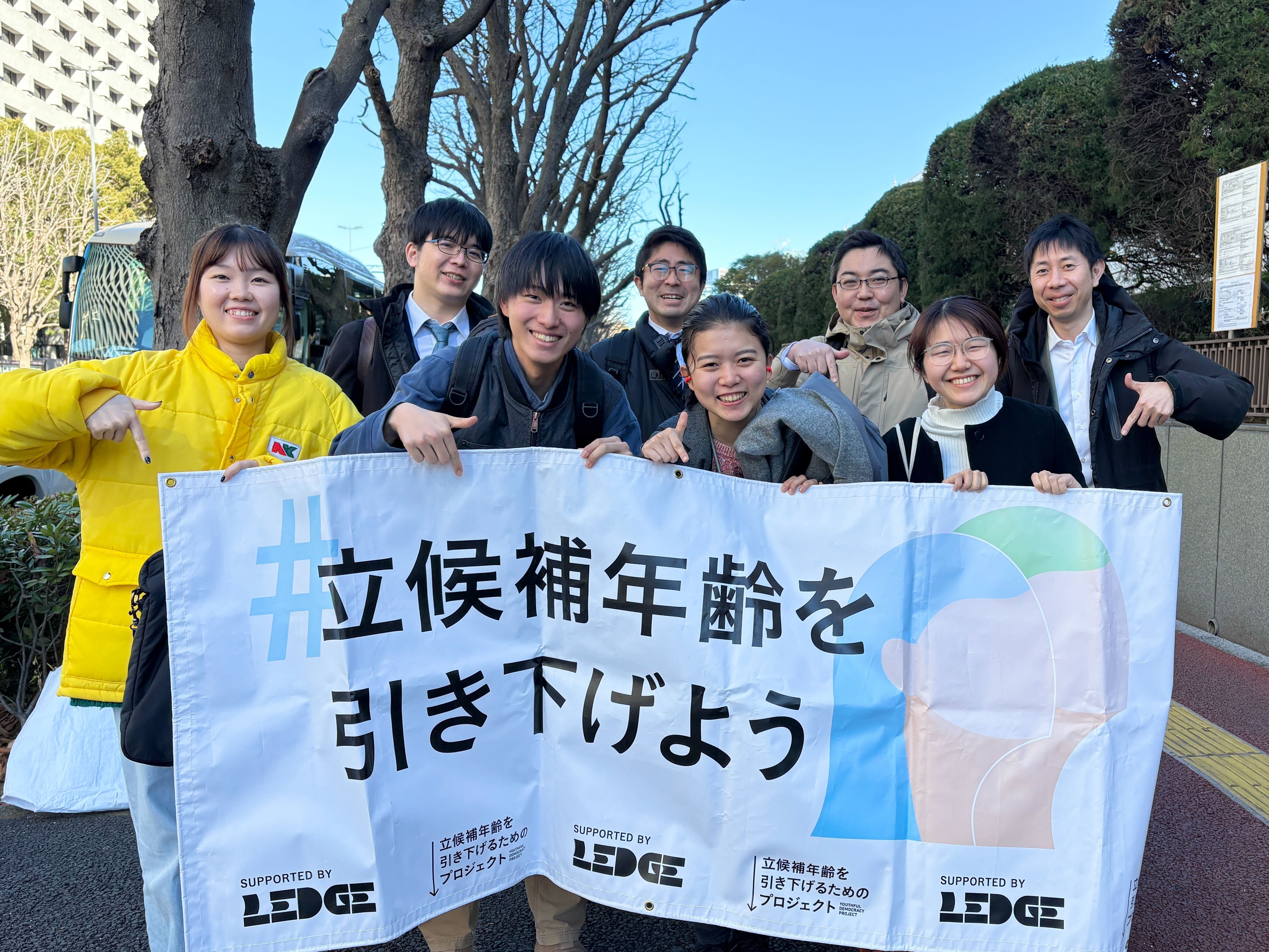
The seventh oral argument took place on Thursday, February 6th at 11:00 a.m. in Courtroom 703 of the Tokyo District Court. Many spectators gathered in the courtroom, making it a great success. Thank you very much for your continued support.
At this hearing, the plaintiff submitted the tenth preparatory brief and refuted the defendant's previous preparatory brief, No. 3. The plaintiff argued the following two points as particularly important:
The first point is about the legality of the plaintiff's claim. The defendant argues that "the plaintiff's claim is a request to the court to amend the law, and is therefore illegal." It is true that under the structure of separation of powers, the enactment and amendment of laws is the sole prerogative of the Diet, and the court cannot amend the law. However, what the plaintiff is asking the court to do is to confirm the specific status and legal relationship between the plaintiff and the state, based on the current legal system. In the preparatory briefs, the plaintiff has made it clear that their claim is not a request for legal amendment itself.
The second point is the irrationality of the standard of discretion (= ability). The former Public Offices Election Law prohibited adult wards from exercising the right to vote and the right to be elected, but the law was amended following a ruling of unconstitutionality in 2013, and these restrictions were uniformly abolished. In the discussion of this amendment, one of the reasons given was that adult wards are diverse and it is difficult to categorically define the ability to exercise the right to vote ( Ko B75: Minutes of the 183rd Diet Session ). In light of this, it is irrational for the government to justify the age restriction on the right to be elected based on the ability of discretion. It was argued that, although adult wards are granted the right to be elected regardless of ability, it is irrational to deprive those aged 18 or older who are adults and have the capacity to act and the right to vote of their right to be elected.
In addition to the above, at this hearing, we submitted a request for witness testimony to the court in preparation for future examination of the plaintiff and witnesses.
The next hearing, the 8th, is scheduled to be held on Monday, April 14, 2025 at 11:00 a.m. in Courtroom 703.
Please note that seating will be available on a first-come, first-served basis, so please arrive early. We look forward to your participation. Thank you for your continued support and interest in this matter.
第6回期日報告
6th Return Date Report
2024/12/5 23:17
12月5日(木)午前11時より、東京地方裁判所703号法廷にて第6回口頭弁論が行われました。50名収容の法廷には多くの方々が集まり、盛況となりました。日頃からのご支援、誠にありがとうございます。
今回、原告および被告双方が準備書面を提出しました。 原告側は前回期日での裁判官の求めに応じて、各原告の請求を整理した第9準備書面を提出しました。一方被告は、準備書面⑶において、原告の請求が不適法であること、選挙権年齢と被選挙権年齢の一致は憲法上の要請ではないこと、被選挙権年齢の設定は選挙制度の問題であり国に広範な裁量があること、原告が主張する厳格な憲法適合性判断枠組みは本訴に妥当しないこと、現行の法定年齢には合理性が認められること等、原告が前回期日で提出した第4準備書面、第5準備書、第6準備書面、第7準備書面、第8準備書面に対する全般的な反論を展開しました。
次回の期日では、原告側が被告の準備書面⑶に対する反論を行う予定です。また、原告は次回以降の人証への移行を希望しており、証拠申出書を提出し、証人の申請を行う予定です。
次回第7回期日は2025年2月6日(木)11:00から、703号法廷で開催される予定です。
傍聴席は先着順となりますので、ぜひお早めにお越しください。皆さまのご参加を心よりお待ちしております。 引き続き、本件に関する応援やご関心をどうぞよろしくお願いいたします。
The sixth oral argument took place on Thursday, December 5th at 11:00 a.m. in Courtroom 703 of the Tokyo District Court. Many people gathered in the 50-seat courtroom, making it a great success. Thank you very much for your ongoing support.
This time, both the plaintiff and the defendant submitted preparatory briefs. In response to the judge's request at the previous hearing, the plaintiff submitted Preparatory Brief No. 9, which summarized the plaintiffs' claims. Meanwhile, in Preparatory Brief 3 , the defendant made a general rebuttal to Preparatory Briefs No. 4, 5, 6, 7, and 8 submitted by the plaintiff at the previous hearing, arguing that the plaintiffs' claims are unlawful, that the matching of the voting age and the age of eligibility to be elected is not a constitutional requirement, that the setting of the voting age is an issue of the electoral system and the state has broad discretion, that the strict constitutionality judgment framework asserted by the plaintiffs is not applicable to this lawsuit, and that the current legal age is reasonable.
At the next hearing, the plaintiff side is scheduled to make a rebuttal to the defendant's preparatory brief (3). The plaintiff also wishes to move to witness testimony from the next hearing onwards, and is scheduled to submit a request for evidence and request witnesses.
The next, 7th hearing is scheduled to be held on Thursday, February 6, 2025 at 11:00 a.m. in Courtroom 703.
Please note that seating will be available on a first-come, first-served basis, so please arrive early. We look forward to your participation. Thank you for your continued support and interest in this matter.
第5回期日報告
5th Return Date Report
2024/9/13 17:07
9月12日(木)14時から、東京地方裁判所703号法廷において、第5回口頭弁論期日が開かれました。50名収容の法廷には、多くの若い傍聴者が集まり、盛況となりました。いつも応援してくださる皆さま、ありがとうございます。
原告側は今回の期日に際し、5つの準備書面を提出しました。第4準備書面では今回提出した準備書面の概要を示し、第5準備書では被告の準備書面⑵に対する反論を行いました。第6準備書面では海外調査に基づく主張を、第7準備書面では国民の認識に関する調査結果を基にした主張を、第8準備書面では地方自治法上の町村総会制度を踏まえた主張を展開しました。
今回の期日では、原告側は多岐にわたる観点から主張を行い、その内容も多岐にわたりました。そのため、当日は戸田弁護士が陳述を行い、主張の全体像について説明をしました。陳述内容およびその補足説明資料については、こちらをご覧ください。
また、第8準備書面を踏まえ、裁判所は「居住する市町村が町村総会を設置しているか否かによって政治参加年齢が異なる点が平等原則違反に当たるとする新たな請求原因事実」と、従前の主張の間で、原告の範囲がどのように変化するのかを明確にするよう指示しました。
次回の期日では、原告側が第4回期日で提出した第3準備書面および今回提出した第4~第8準備書面に対し、被告側が反論を行う予定です。
次回期日は12月5日(木)11:30から、703号法廷で開催される予定です。皆さまお誘い合わせのうえ、ぜひ傍聴にお越しください。
The fifth oral argument hearing was held on Thursday, September 12th from 2 pm in Courtroom 703 of the Tokyo District Court. Many young spectators gathered in the 50-seat courtroom, making it a great success. Thank you to everyone who always supports us.
The plaintiffs submitted five preparatory documents for this hearing. The fourth preparatory document outlined the preparatory documents submitted, and the fifth document refuted defendant's preparatory document (2). The sixth preparatory document made arguments based on overseas surveys, the seventh preparatory document based its arguments on the results of a survey on public perception, and the eighth preparatory document presented arguments based on the town and village general assembly system under the Local Autonomy Act.
At this hearing, the plaintiffs made their claims from a wide range of perspectives, and the content of their claims was also quite varied. Therefore, on the day of the hearing, Attorney Toda made a statement and explained the overall picture of the claims. Please click here for the statement and supplementary explanatory materials .
In addition, taking into account the eighth preparatory brief, the court instructed the plaintiffs to clarify how the scope of the plaintiffs changes between the "new factual basis for claim that the difference in the age at which people can participate in politics depending on whether or not the city or town in which one lives has established a town or town general assembly constitutes a violation of the principle of equality" and the plaintiffs' previous claims.
At the next hearing, the defendant plans to refute the third preparatory brief submitted by the plaintiff at the fourth hearing and the fourth through eighth preparatory briefs submitted this time.
The next hearing is scheduled to be held on Thursday, December 5th at 11:30 in Courtroom 703. Please invite your friends and come to observe the hearing.
第4回口頭弁論期日報告
Report on the 4th Oral Argument Date
2024/7/30 10:49
「婦人は知力、体力において男子に劣る」、「婦女は想像の才や進取の気に乏しい」、「婦女は独立の性や確実な考え方に乏しい」。これらは戦前、女性参政権に反対する理由として挙げられた言葉です。
日本国憲法44条はこうした戦前の参政権制限に対する反省から生まれました。同条は「両議院の議員及びその選挙人の資格は、法律でこれを定める。 但し、人種、信条、性別、社会的身分、門地、教育、財産又は収入によって差別してはならない」と定めて参政権の徹底した平等を求めています。
本来憲法44条の下では不合理な立候補年齢差別は許されないはずです。国は25歳又は30歳未満の若者には「思慮分別・社会経験がない」ので立候補を認めないといいます。しかし、この年齢での線引きを正当化する合理的説明はこれまで全くありませんでした。女性参政権を否定する理由に合理性がなかったのと全く同じ構造がここに見られます。被選挙権年齢の問題は、現代における参政権差別であり「若者差別」の問題といえます。
これまで日本では若者差別を問題とする裁判が行われたことはありませんでしたが、6月13日に行われた期日で私たちはこの点に正面から切り込みました。法社会学者である東京大学の齋藤宙治先生の「子ども法」に関する研究をベースにし、若者に対する参政権差別は憲法44条が禁止する平等原則違反の問題であるという主張を展開しました。原告のこれまでの主張はこちらのページの「訴訟資料」タブから、今回の主張の詳細はこちらからご覧ください。
裁判当日は多くの傍聴者やメディアが集まり大変な活況でした。中高生をはじめ多くの若者が傍聴席を埋めました。中にはニュージーランド最年少の18歳で地方議員に当選したSophie Handfordさんの姿も。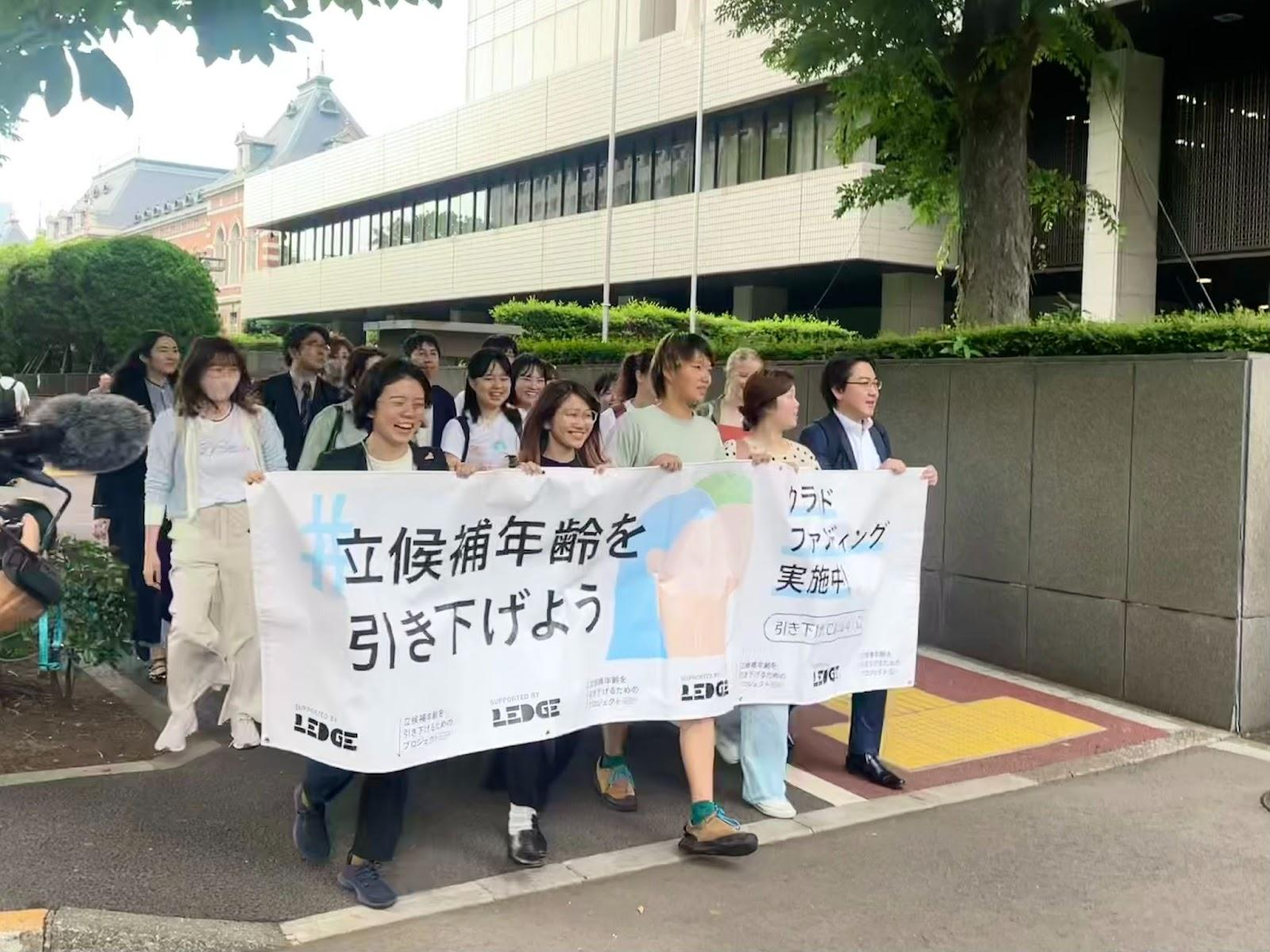
▲東京地裁に入廷する原告団、弁護団、ユースの皆さん
裁判終了後は屋外へ移動し、裁判の解説を行いました。裁判直後ということもあり、裁判を見て感じた感想や質問がたくさん飛び交いました。
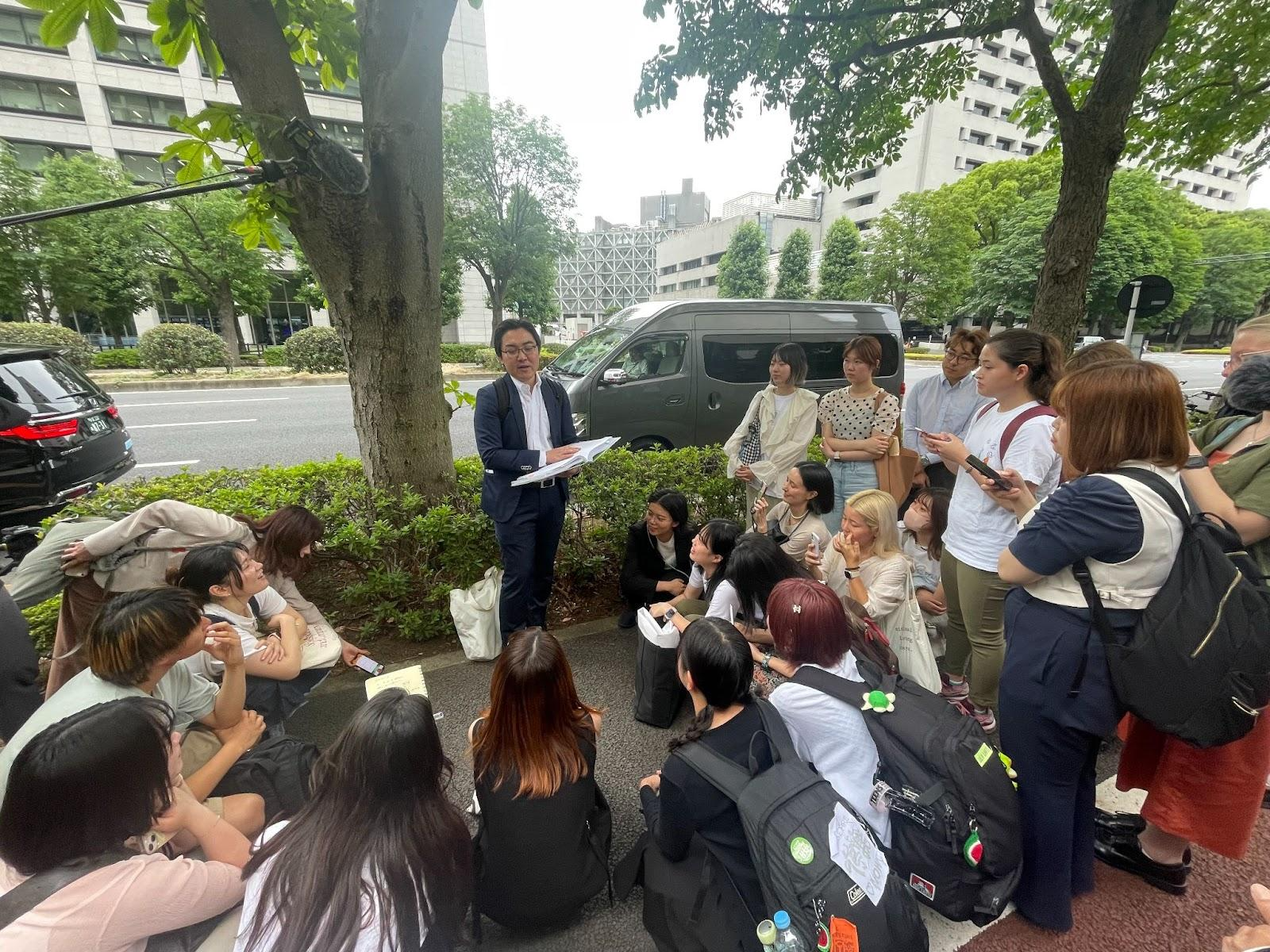
▲裁判所の外で行われた青空教室。メディアからも注目を集めました
私たちは、先人たちの知恵や法理論を総動員させ、立候補年齢引き下げの武器となる言葉を紡いでいくことで、この歴史的なムーブメントを推進していきます。
次回の期日は、9月12日(木)午後2時から、東京地裁703号法廷で行われる予定です。引き続き、裁判と法改正の動きにご注目いただけますと幸いです。
"Women are inferior to men in intelligence and physical strength," "Women lack imagination and initiative," "Women lack independence and firm thinking." These were some of the reasons given in opposition to women's suffrage before the war.
Article 44 of the Japanese Constitution was born out of reflection on these prewar restrictions on suffrage. It states, "The qualifications of members of both Houses and their electors shall be determined by law. However, there shall be no discrimination on the grounds of race, creed, sex, social status, family origin, education, property or income," and calls for thorough equality in suffrage.
Under Article 44 of the Constitution, unreasonable age discrimination in candidacy should not be permitted. The government says that young people under the age of 25 or 30 will not be allowed to run for office because they "lack discretion and social experience." However, until now there has been no rational explanation to justify drawing the line at this age. We see the exact same structure here as the irrational reasons given for denying women the right to vote. The issue of the age at which people can run for office can be said to be a modern-day discrimination in suffrage, and an issue of "discrimination against young people."
Until now, there had been no trial in Japan on the issue of discrimination against young people, but at the hearing held on June 13th, we tackled this issue head-on. Based on the research on "Children's Law" by legal sociologist Professor Saito Chuji of the University of Tokyo, we argued that discrimination against young people in terms of voting rights is a violation of the principle of equality prohibited by Article 44 of the Constitution. The plaintiff's previous arguments can be found in the "Law Materials" tab on this page , and the details of this argument can be found here .
On the day of the trial, many spectators and media gathered, creating a very lively atmosphere. Many young people, including junior and senior high school students, filled the courtroom. Among them was Sophie Handford, New Zealand's youngest person to be elected as a local councillor at the age of 18. 
Plaintiffs, lawyers, and youth members entering the Tokyo District Court
After the trial ended, we moved outside and gave an explanation of the trial. Since it was right after the trial, there were a lot of questions and impressions of what had happened.

▲The open-air class held outside the courthouse attracted media attention.
We will promote this historic movement by mobilizing the wisdom of our predecessors and legal theories to weave words that will serve as a weapon for lowering the age to run for office.
The next hearing is scheduled to take place on Thursday, September 12th at 2pm in Courtroom 703 of the Tokyo District Court. We hope you will continue to pay close attention to the trial and legal reforms.
第一回口頭弁論期日のご報告
Report on the date of the first oral argument
2023/10/12 13:16
本日(2023年10月12日)午前11時より、東京地方裁判所703号法廷で第一回口頭弁論期日が開かれました。
原告らが訴状を、国が答弁書を陳述しました。国の答弁は本案前のもの(25歳や30歳という規定が憲法に反するかどうかの議論をする前提として、そもそも原告の訴えは裁判を進める上での手続的な要件を満たさないとする主張)にとどまりました。
裁判所は国に対し、12月8日までに本案の主張(当該規定が憲法に反しないとする国の主張)をするよう指示しました。
満席の傍聴人の前で、原告能條桃子、原告Chico.、代理人戸田が裁判官に向けて意見陳述を行いました。
次回期日は12月25日午後2時から、703号法廷で行われることになりました。次回もぜひ傍聴いただければ幸いです。
The first oral argument was held at 11:00 a.m. today (October 12, 2023) in Courtroom 703 of the Tokyo District Court.
The plaintiffs filed a complaint, and the state filed an answer. The state's answer is before the merits of the case (as a premise for discussing whether the 25 and 30 age provisions are contrary to the Constitution, it is an argument that the plaintiff's complaint does not meet the procedural requirements for proceeding with the trial in the first place) ).
The court instructed the government to submit its argument on the merits (the country's argument that the provision does not violate the Constitution) by December 8.
In front of a full audience, plaintiff Momoko Nojo , plaintiff Chico. , and attorney Toda made statements to the judge.
The next hearing will be held on December 25th at 2:00 pm in Courtroom No. 703. I hope you will be able to listen next time.
2023年7月10日に提訴いたしました
We filed the case on July 10, 2023
2023/7/20 17:00
2023年7月10日、私たちは東京地方裁判所へ提訴いたしました。
訴状はこちらです。要点をまとめた訴状の要約版もご覧ください。
提訴時に提出をした証拠のうち、証拠説明書、甲7 調査報告書(国会及び各政党における被選挙権年齢引き下げに関する議論状況)、甲8 陳述書(能條桃子)、甲9 陳述書(吉住海斗)、甲10 (中村涼香)、甲11 (Chico.)、甲12 (久保遼)、甲13(中村涼夏)も併せてアップロードしております。
提訴と同時にこちらのクラウドファンディングページを公開し、公開後5日でサポーターの人数が100人を超えました。みなさまのご支援に感謝いたします。
提訴後の会見には、多くの報道関係の方にお越しいただき、訴訟の主旨と意義についてや原告それぞれの想いについてお伝えしました。
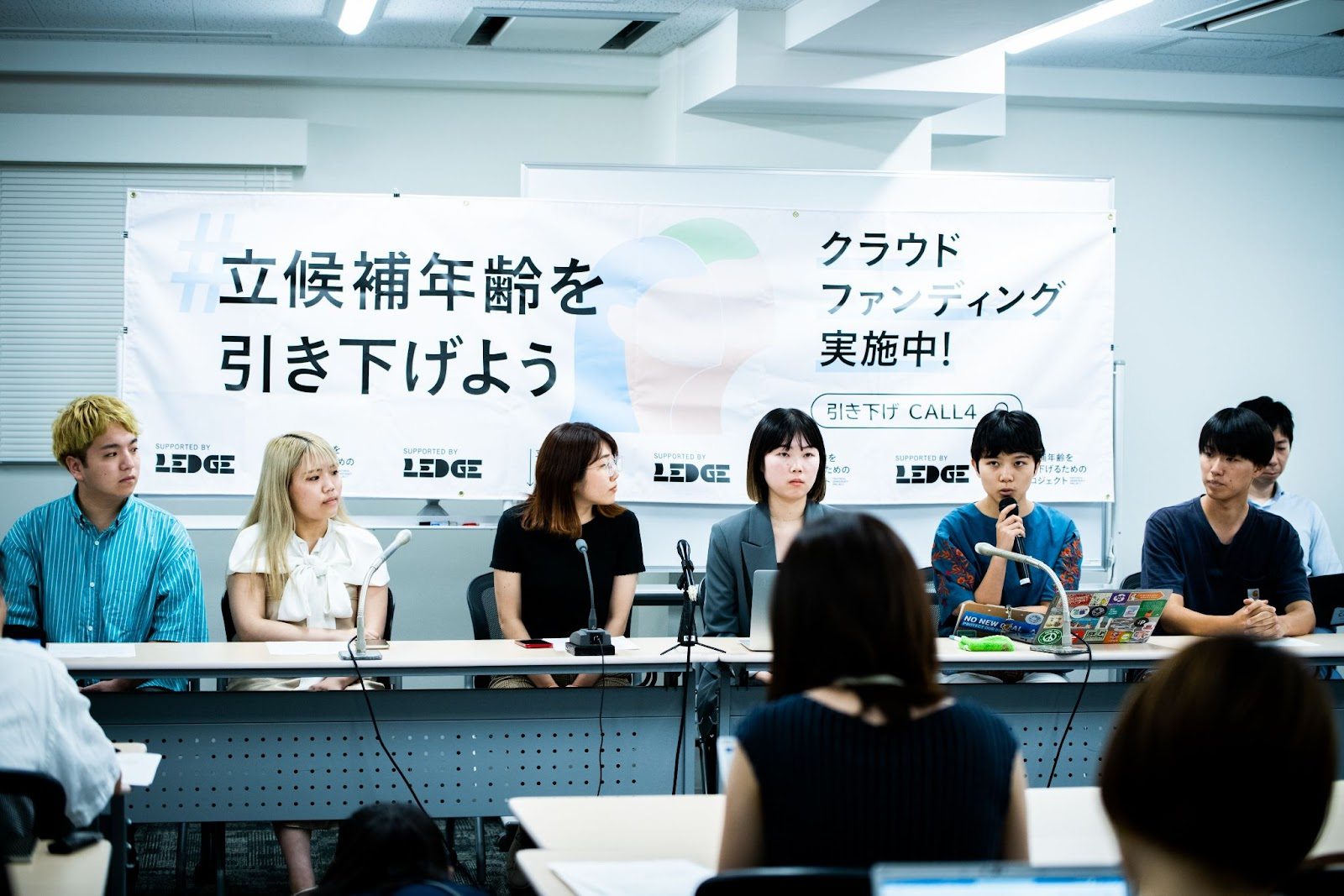
また、同日19時からは港区にあるSHIBAURA HOUSEにて、提訴報告会「わくわく決起集会」を開催いたしました。
事前にSNS等を通して参加者を応募し、当日はたくさんの方(24名の方々)にお越しいただきました。担当弁護士が訴訟についての説明を行った後、原告らがそれぞれ今回の訴訟について決意表明をしました。その後のワークショップでは、原告らと参加者でグループを作り、若者目線でのマニフェスト作成や選挙活動のあり方等についてディスカッションを行いました。
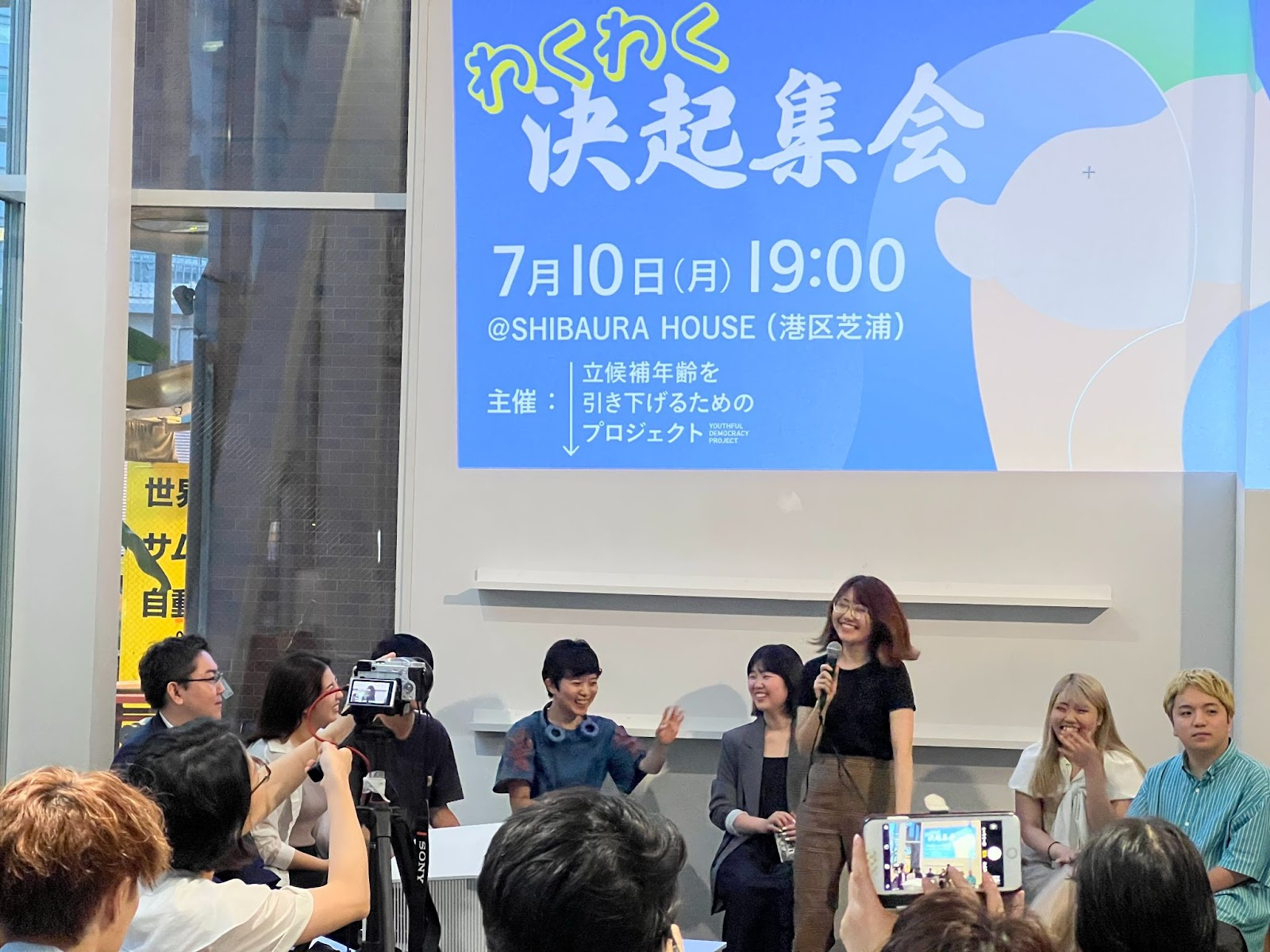
▲原告による演説風の意見表明
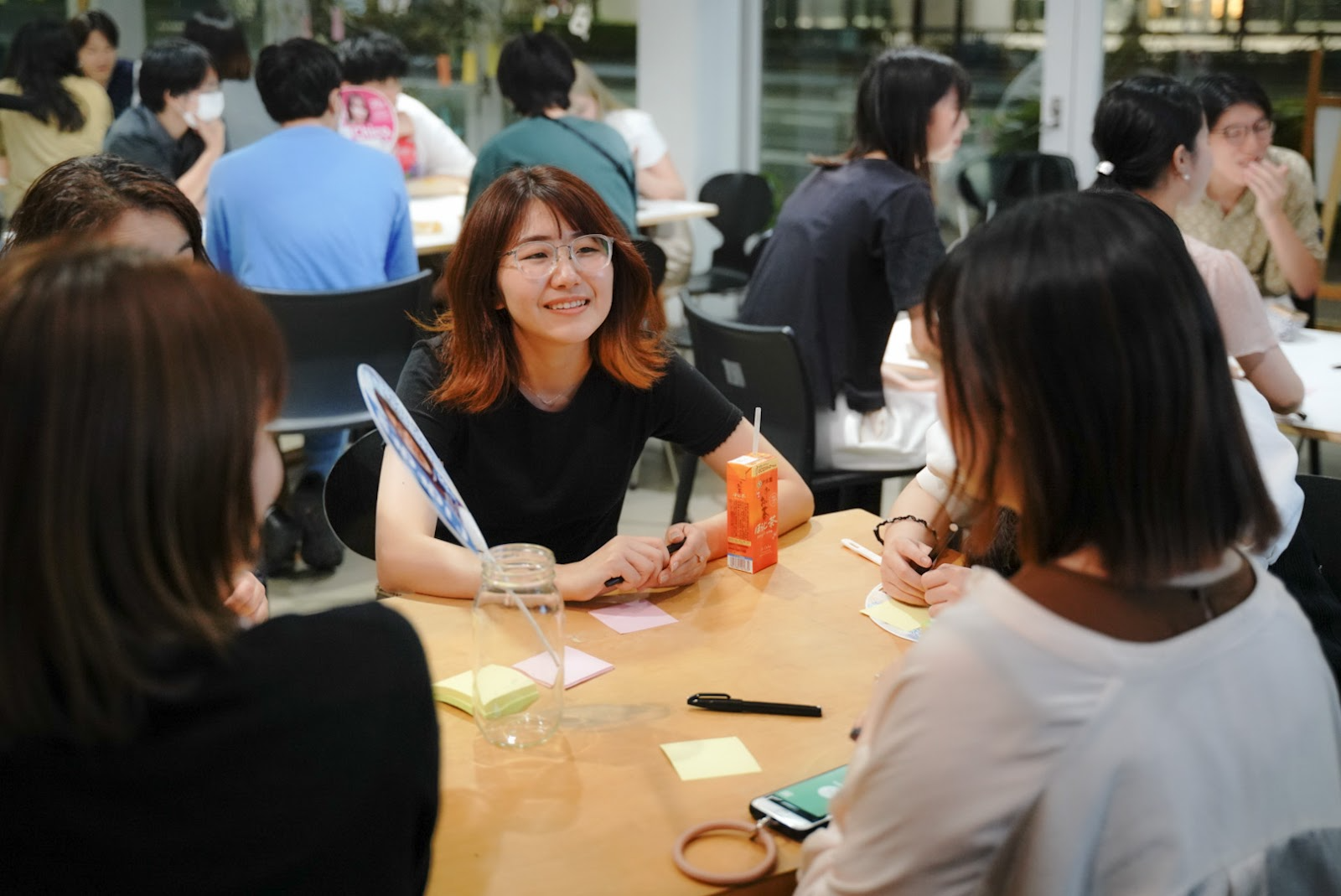
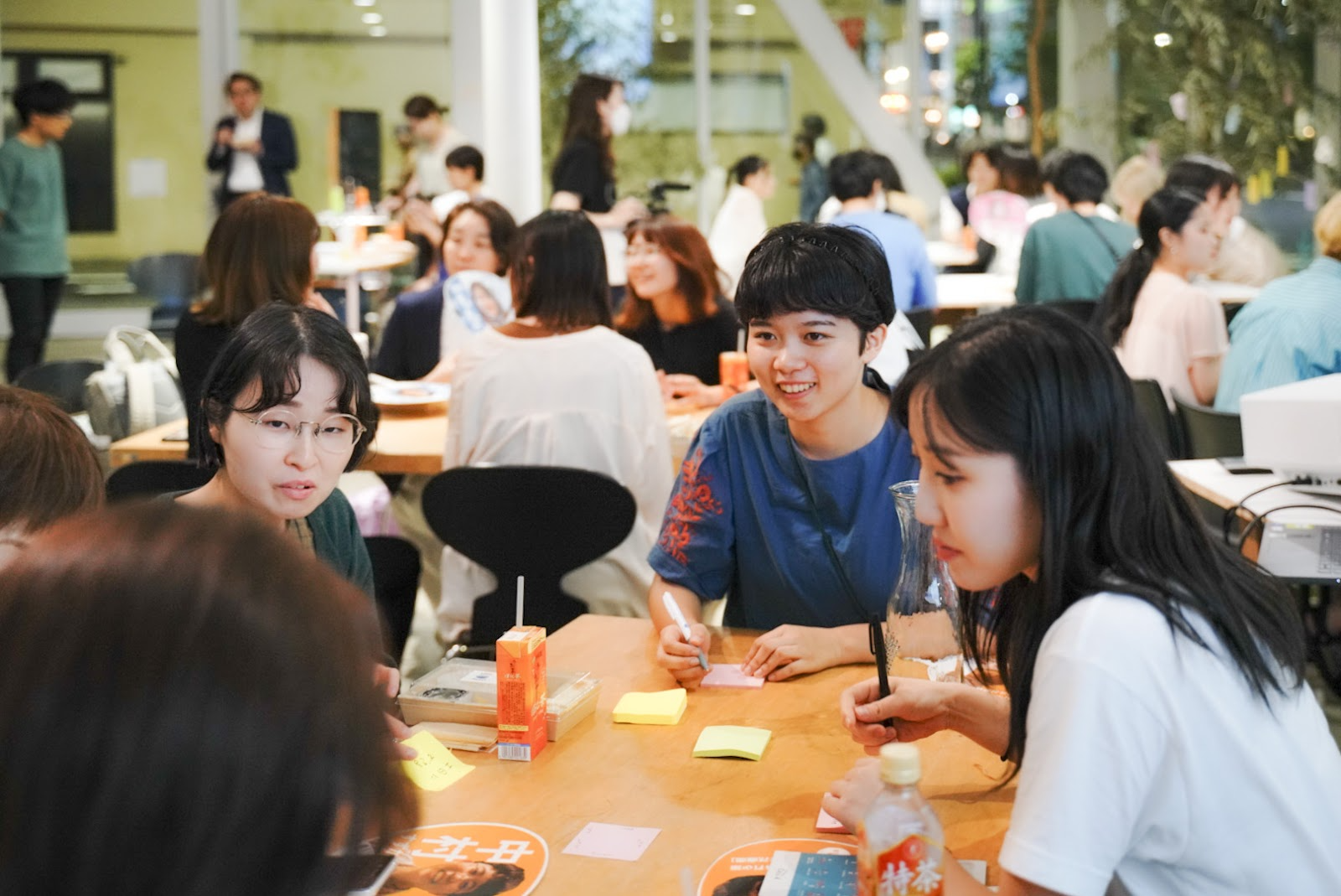
▲ワークショップの様子
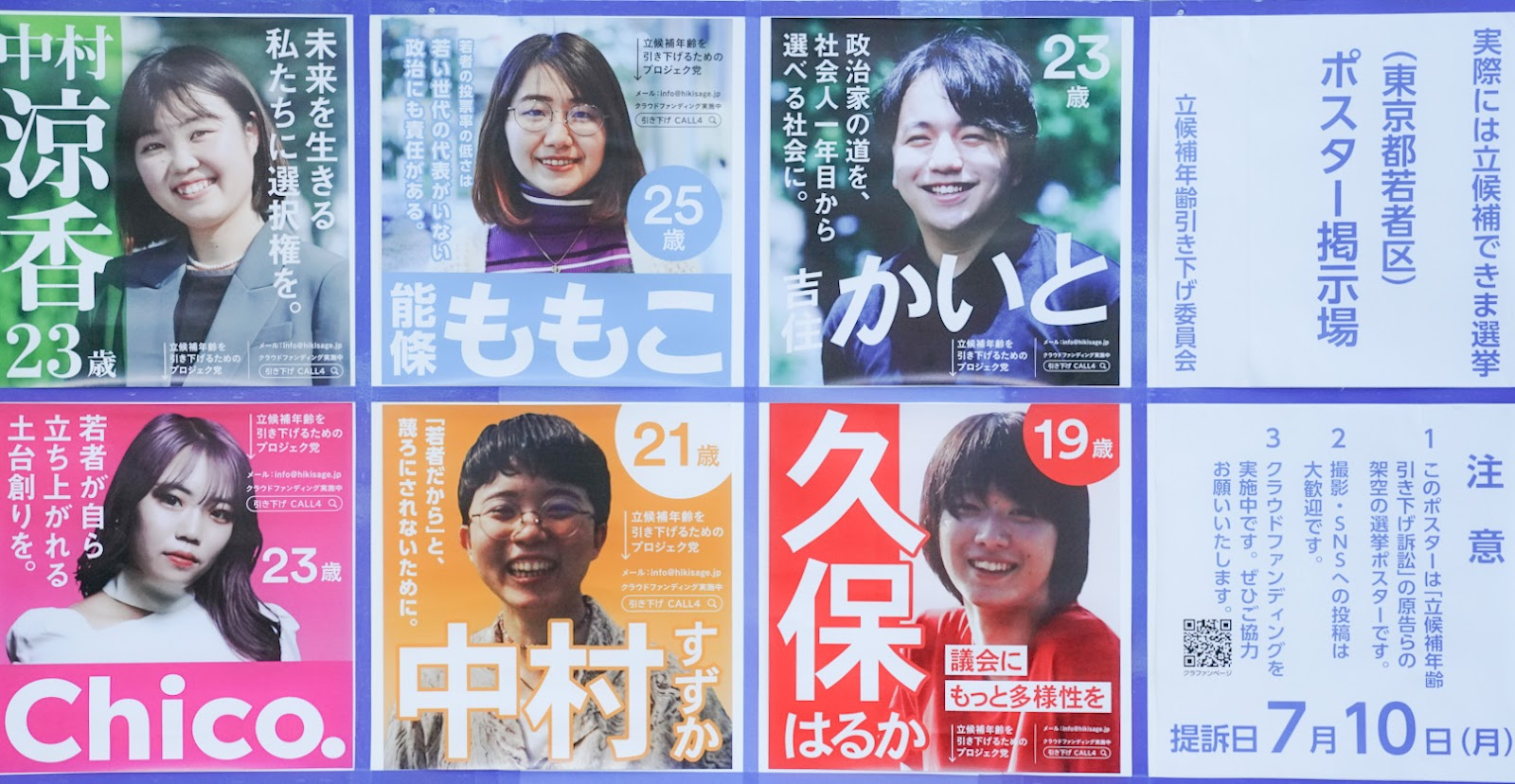
▲当日は、デザイナーの方にご協力いただき、選挙ポスターを模したポスターも掲示されました。
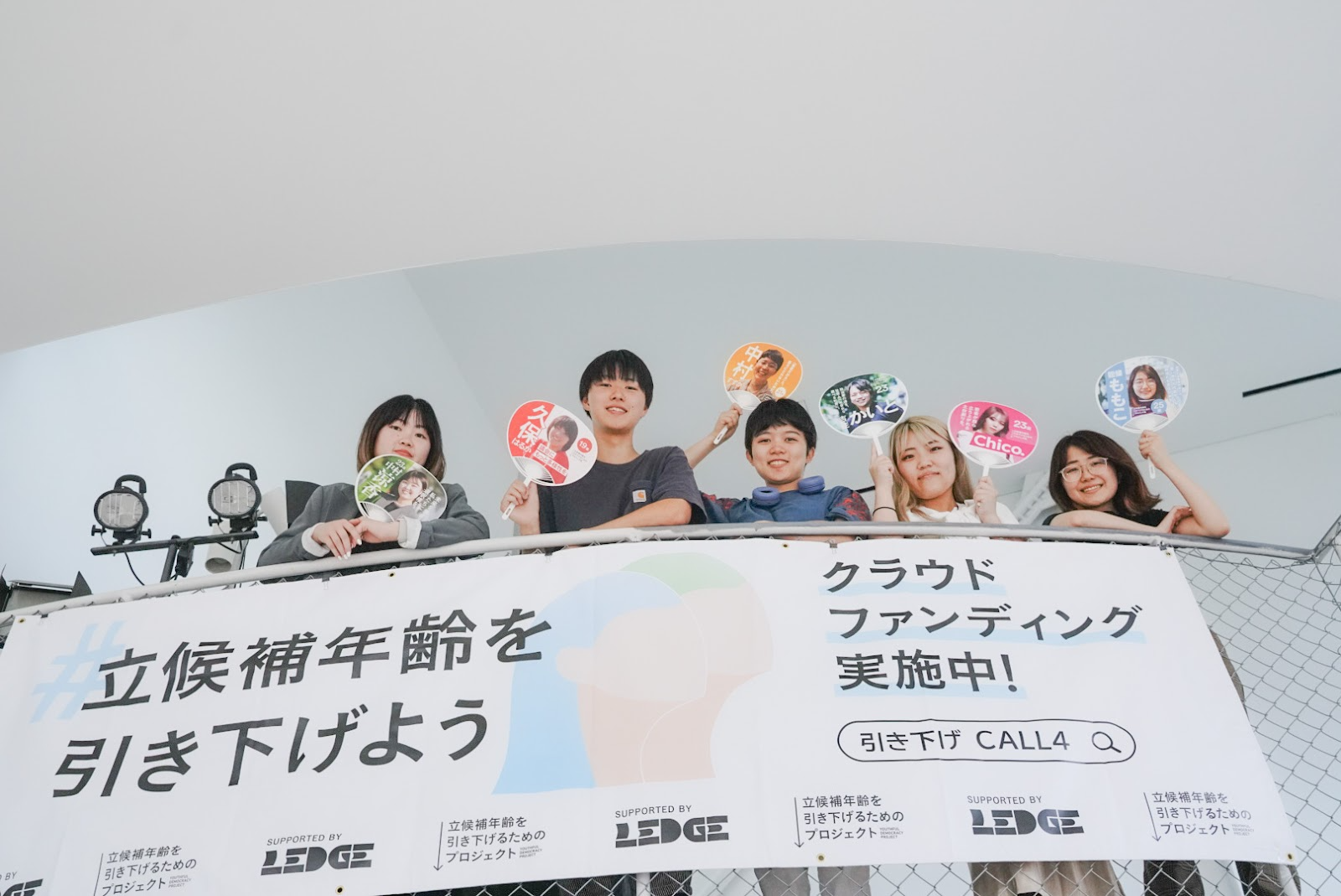
▲場を盛り上げるアイテムとして、うちわもご用意いただきました。
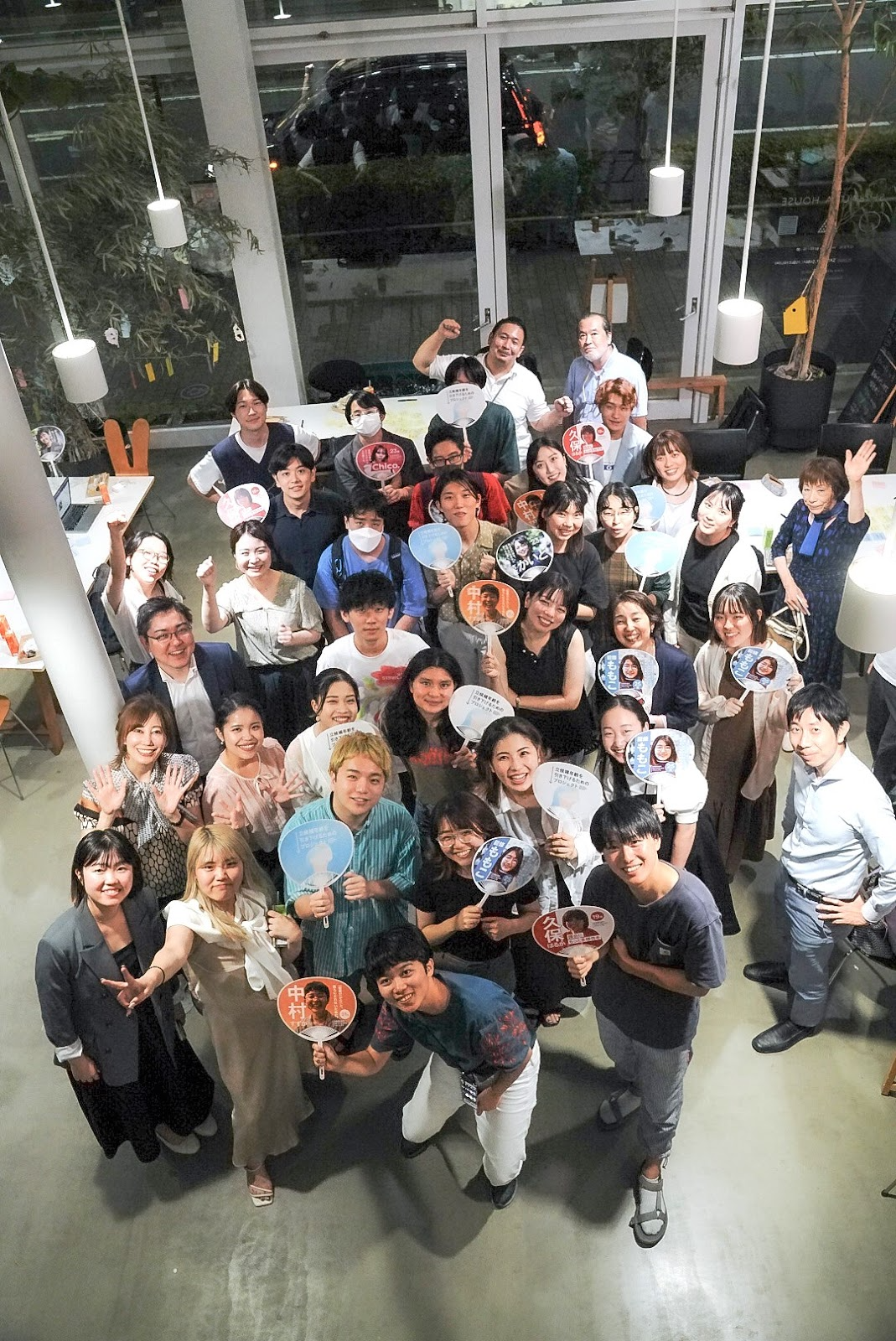
ご参加いただいたみなさま、ご参加誠にありがとうございました!
【今後の予定】
裁判所から初回期日の指定がございましたら、こちらのページでお知らせいたします。
この立候補年齢引き下げプロジェクトには、もっともっと多くの方からのご支援が必要です。ぜひ、身近な方にこの訴訟についてお話ください。SNSのシェアやフォローもお願いいたします。
引き続き、何卒よろしくお願いいたします。
We filed the case on July 10, 2023 at Tokyo District Court.
The complaint is available here. See also a summary version of the complaint which summarises the main points.
Among the evidence submitted at the time of filing the complaint, the Statement of Evidence, A7 Investigation Report (Status of discussions in the Diet and political parties), A8 Written Statement (Momoko Nojo), A9 Written Statement (Kaito Yoshizumi), A10 (Ryoka Nakamura), A11 (Chico.), A12 (Ryo Kubo), A13 (Ryoka Nakamura) are also been uploaded.
At the same time as the lawsuit was filed, we opened this crowdfunding page to the public, and the number of supporters exceeded 100 in the first five days after it was opened. We would like to thank everyone for your support.
Numbers of the press attended the press conference after the lawsuit was filed, where we explained the purpose and significance of this lawsuit and the thoughts of each of the plaintiffs.
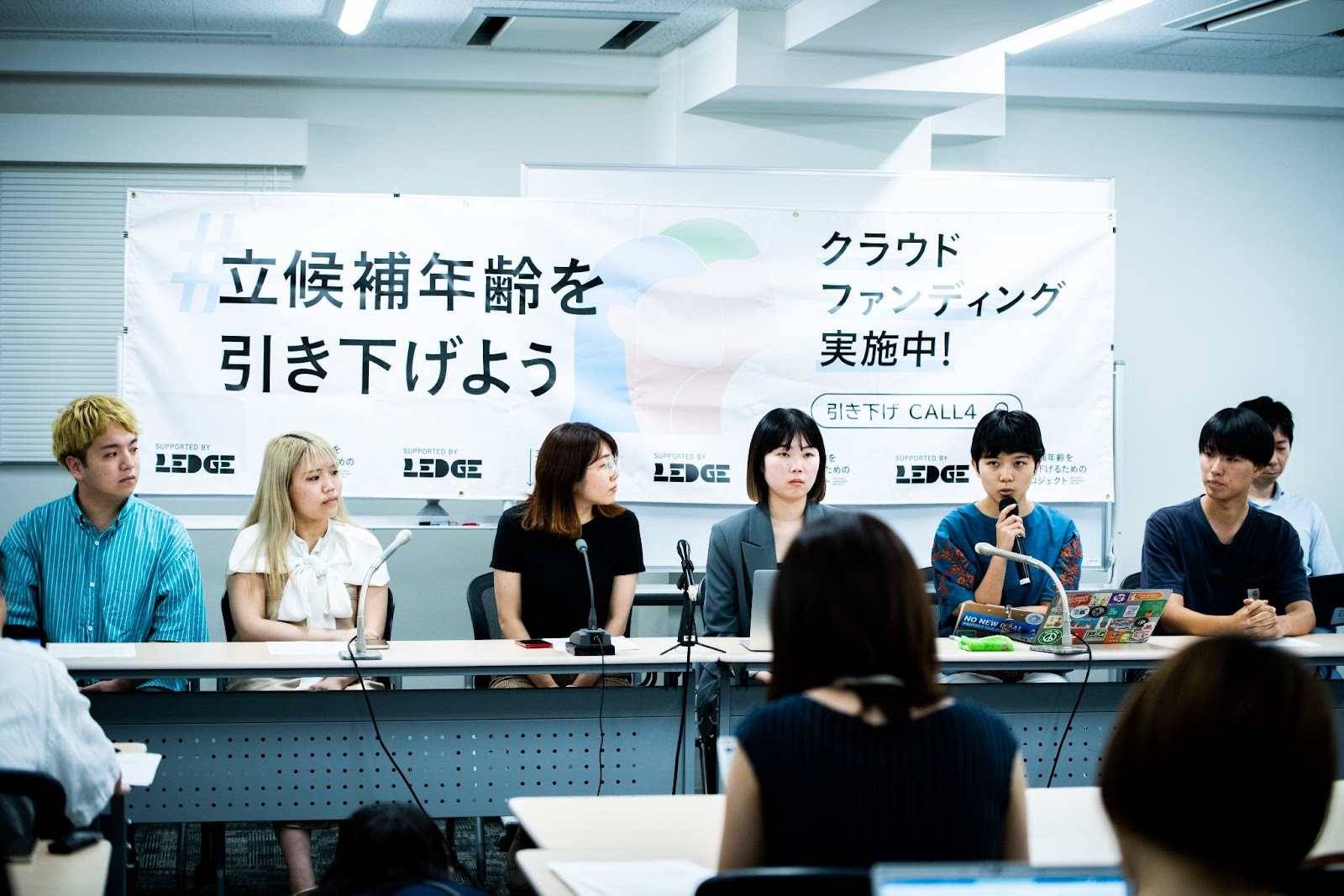
On the same day, from 19:00, an "Exciting Rally" was held at SHIBAURA HOUSE in Minato Ward, Tokyo, to report on the lawsuit.
Participants applied in advance via SNS, etc., and lots of people (24 people) attended the event. After an explanation of the lawsuit by the attorneys, the plaintiffs each made a declaration of their commitment to the lawsuit. In the workshop that followed, the plaintiffs and participants formed groups and discussed the drafting of a manifesto from the perspective of young people and how election campaigning should be conducted.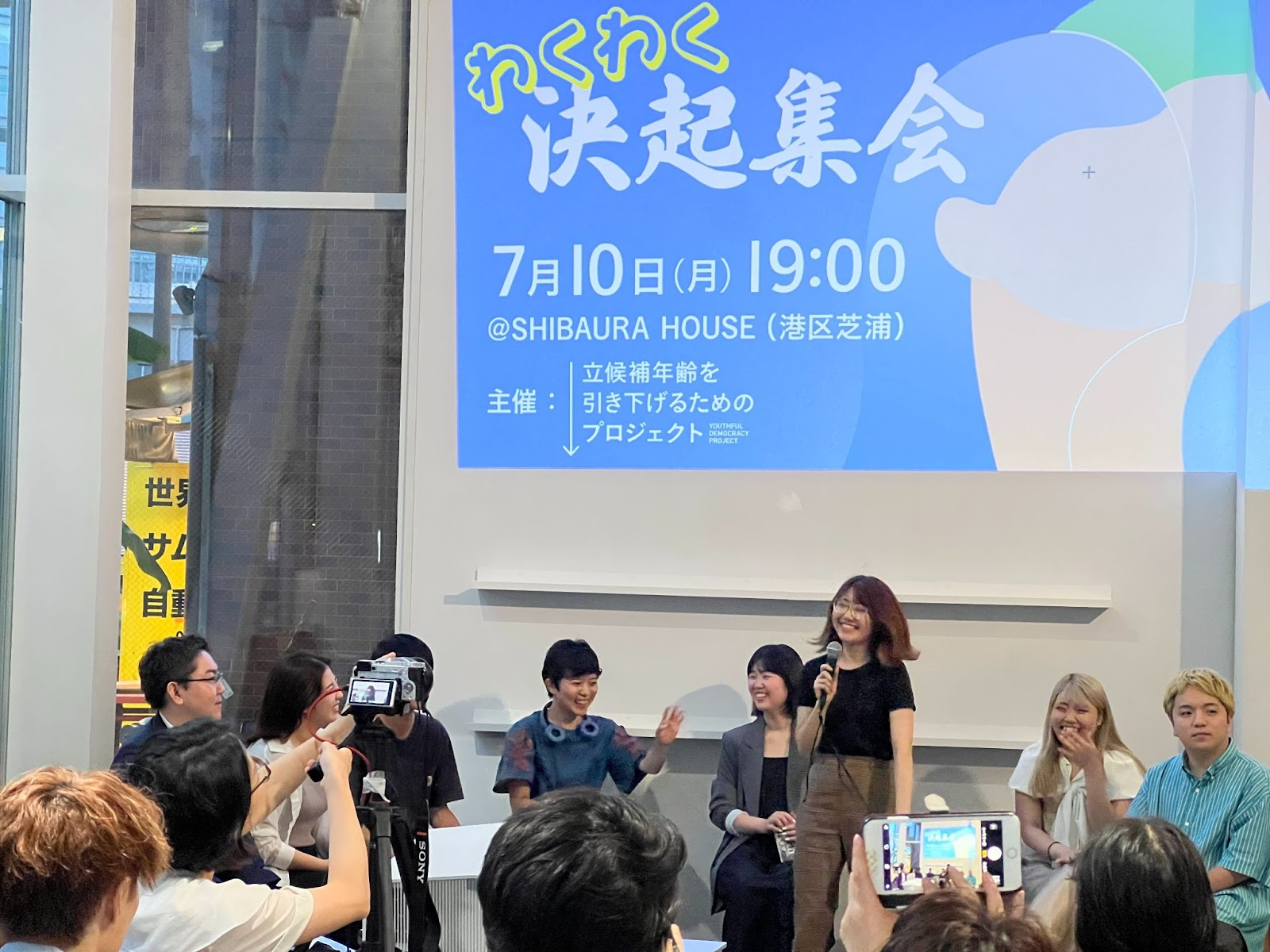
▲Plaintiffs expressing their opinions.
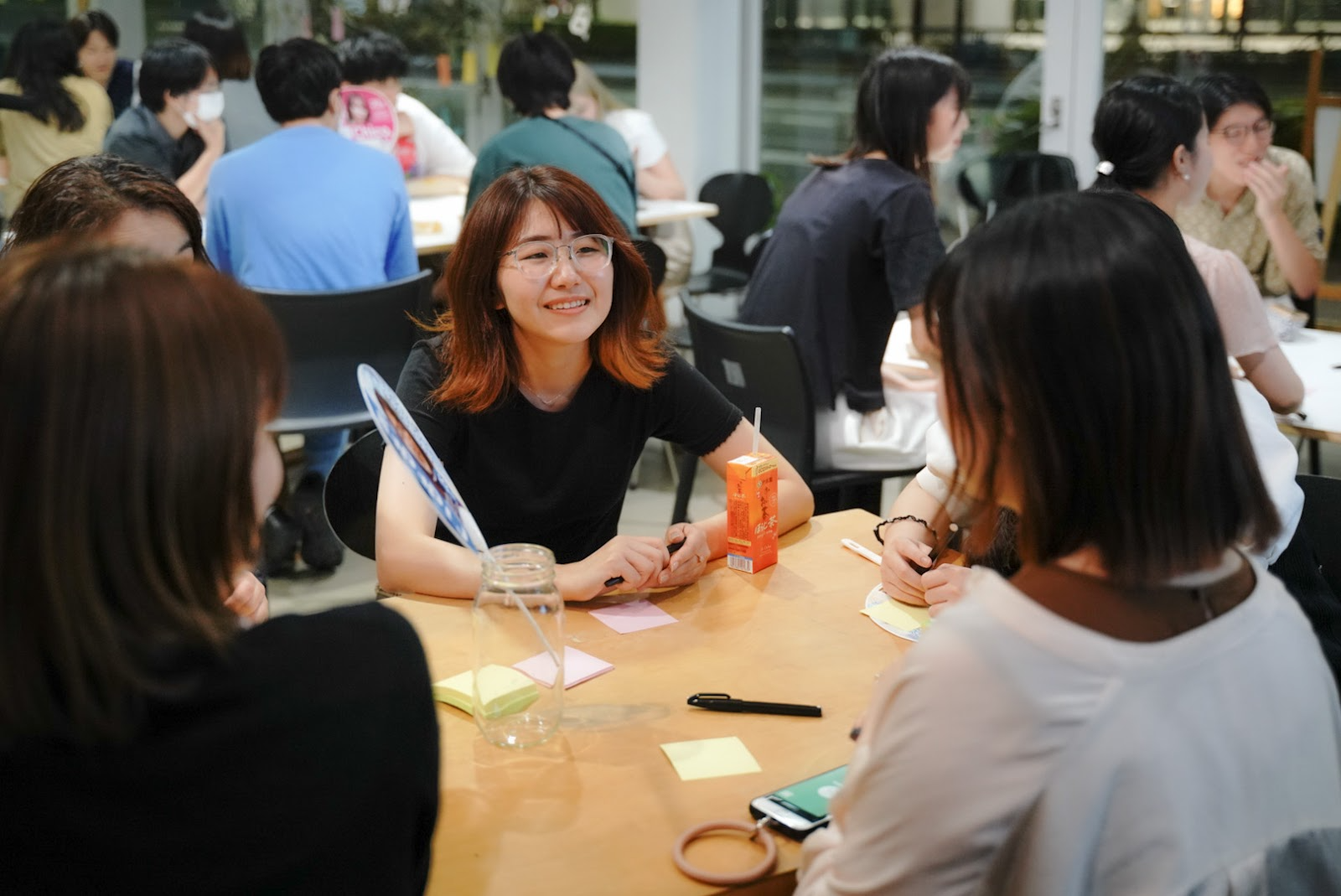
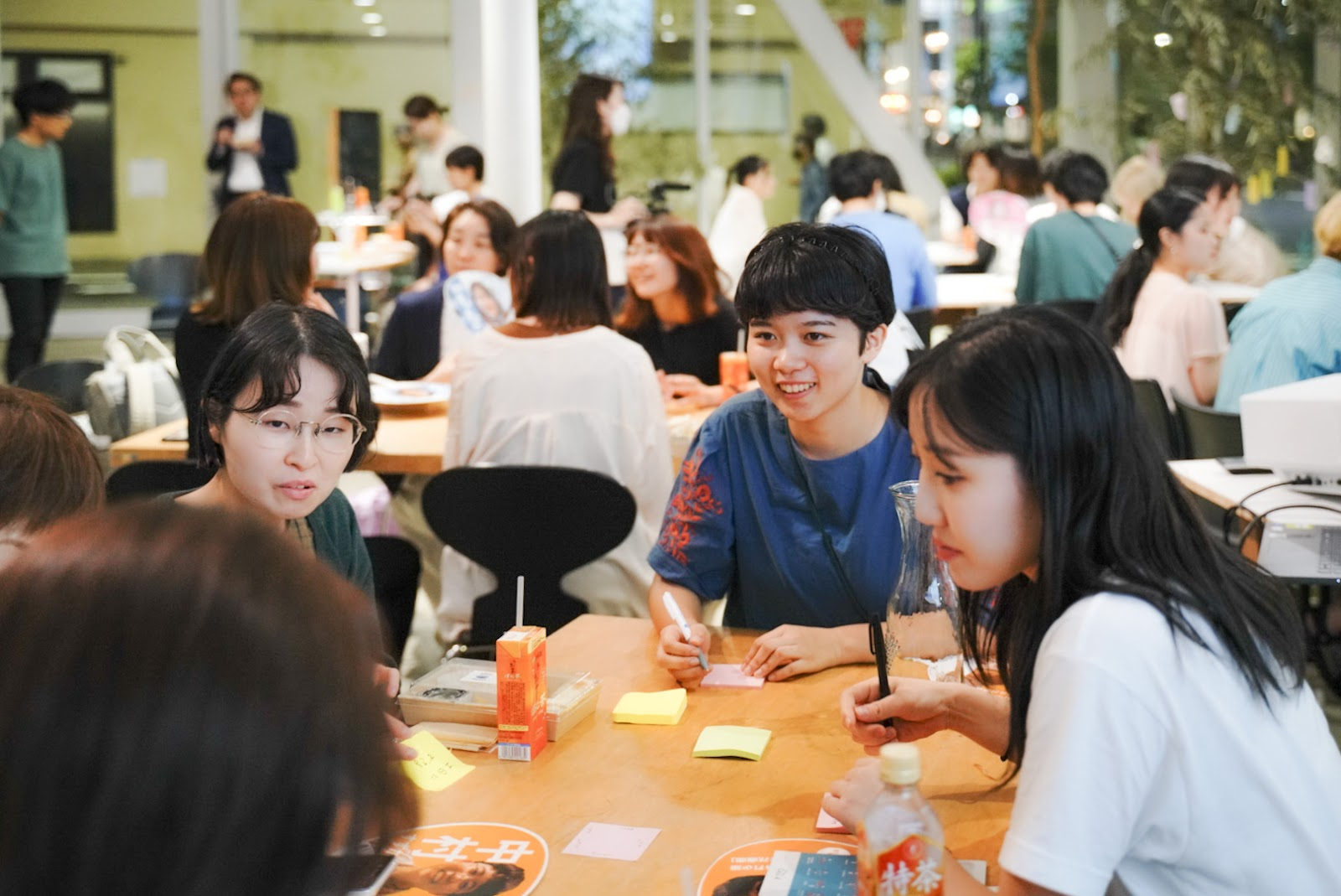
▲Group discussion at the workshop
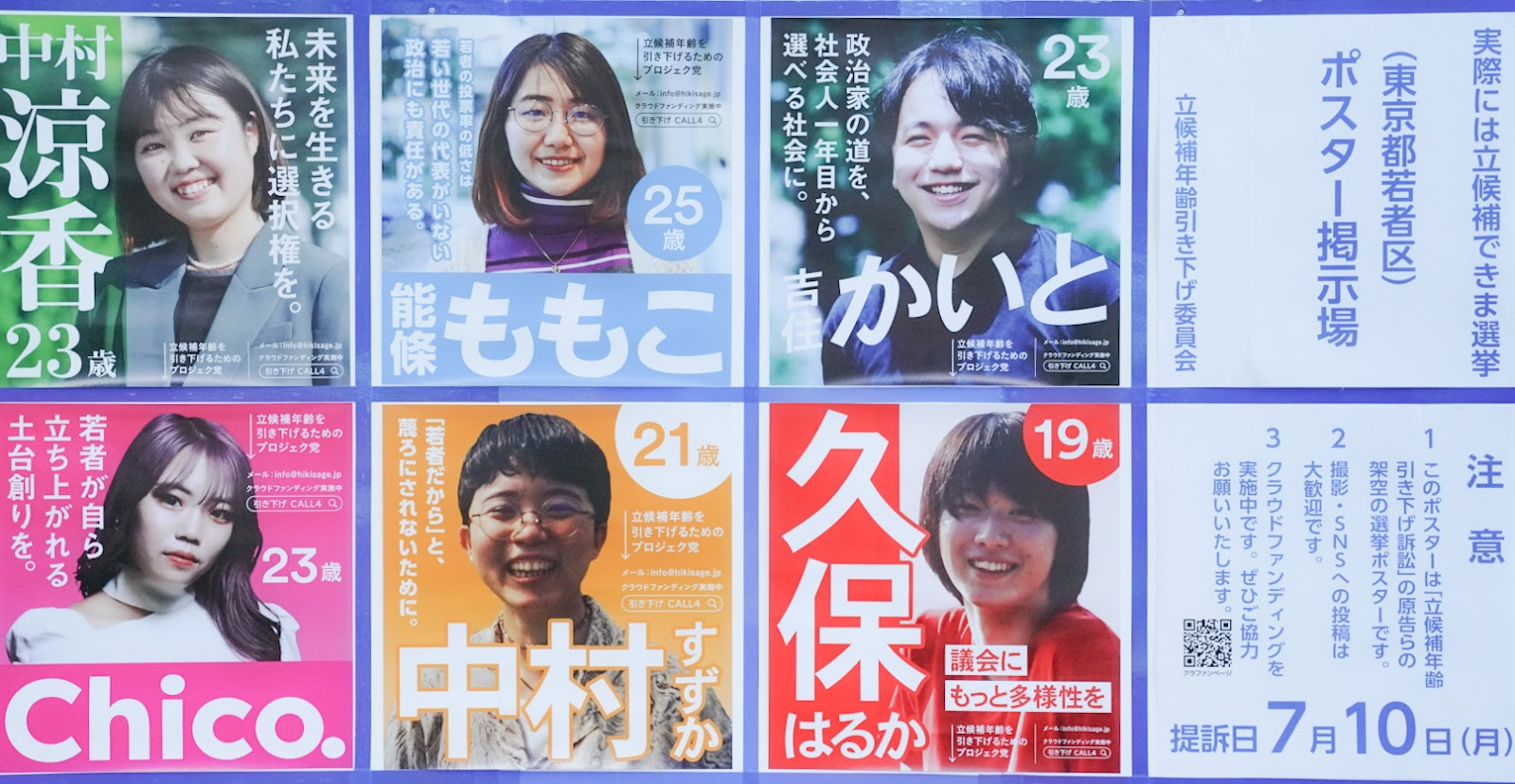
▲A poster resembling an election poster was displayed with the cooperation of a designer.
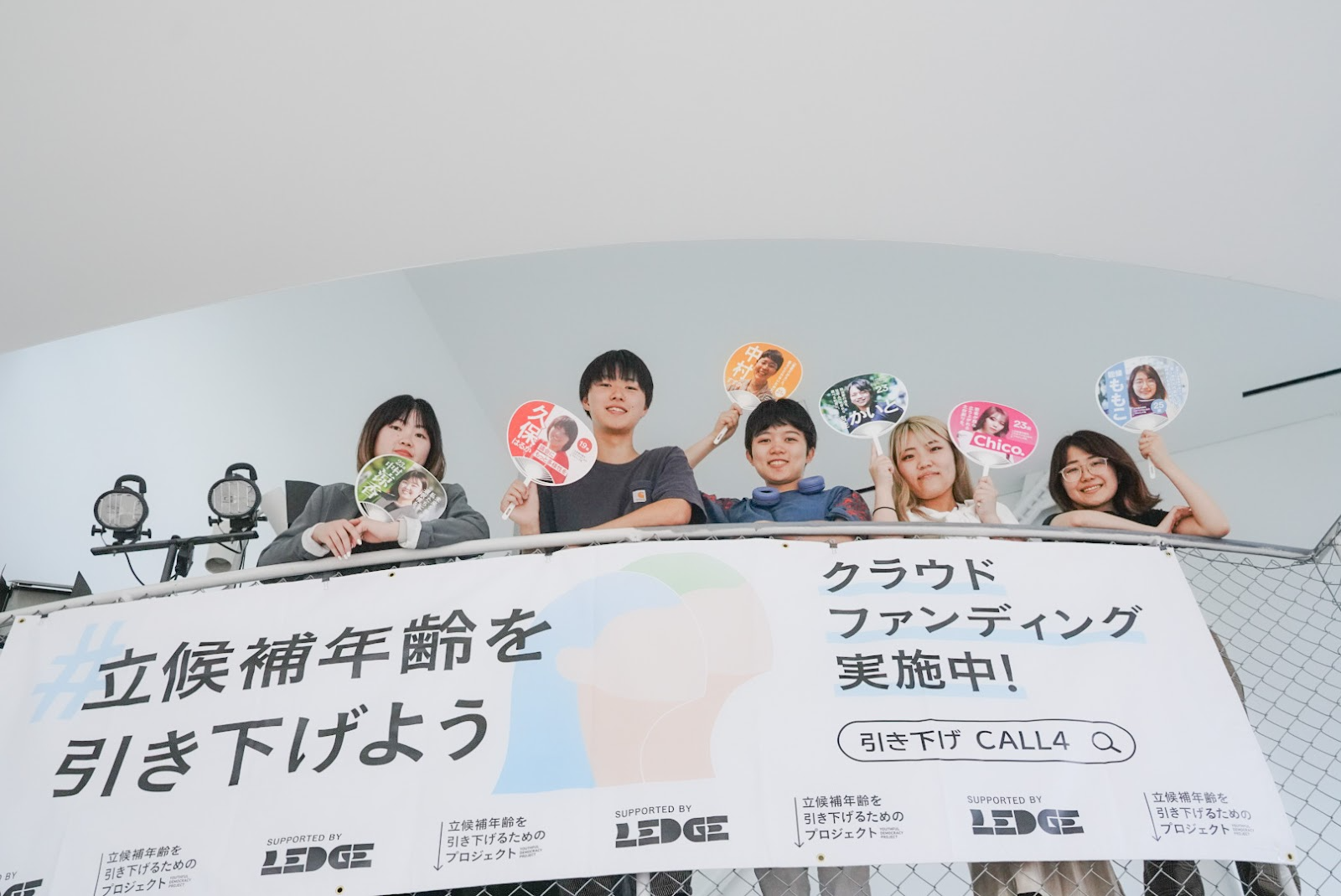
▲Uchiwa (Japanese fans) were also prepared by the designer.
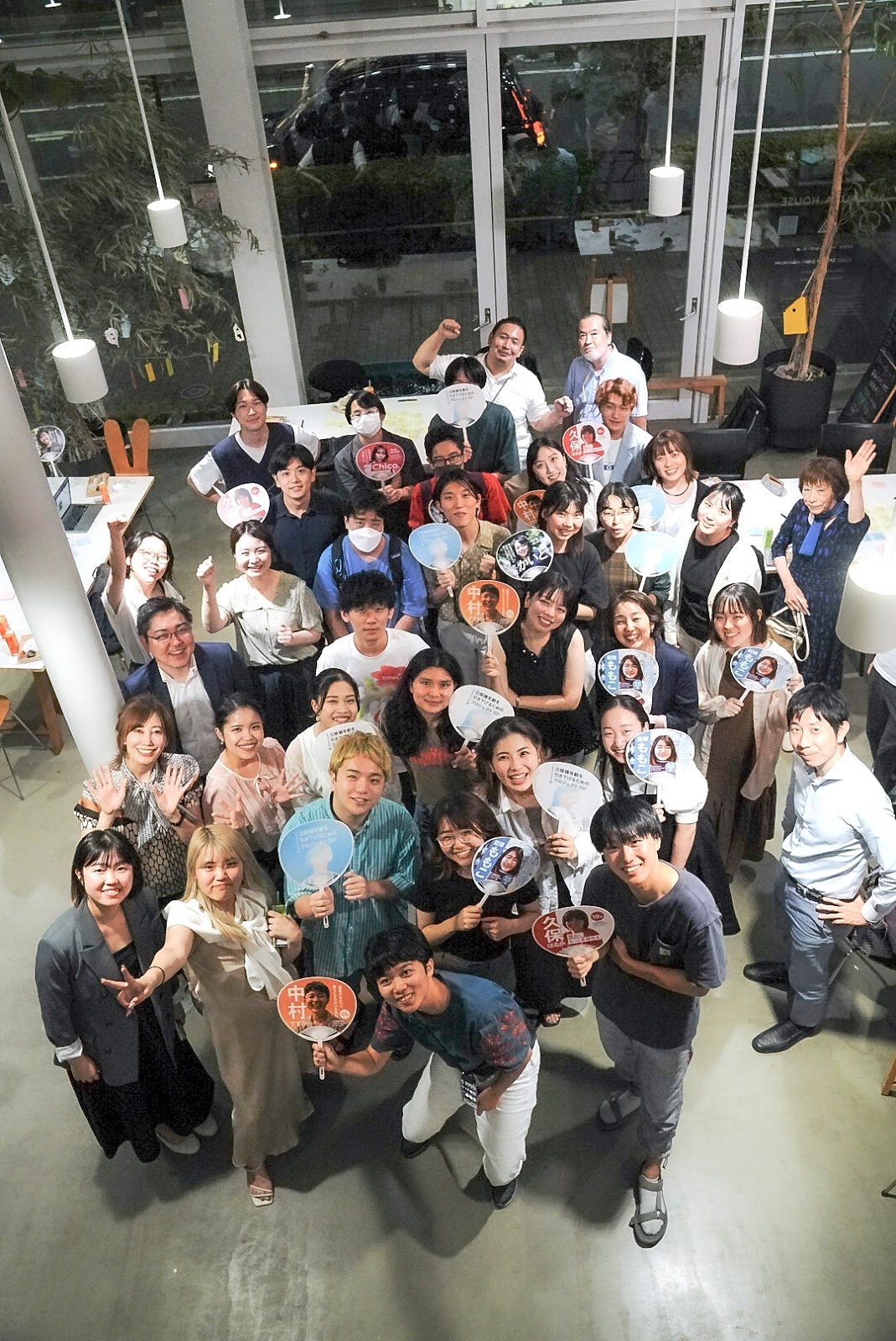
Thank you very much for your participation!
We would announce here about the court hearing date when we received the schedule from the court.
Please share and follow us on our social networks.
Thank you very much for your support.
7 件中 1-7 件
1-7 of 7 cases
- 1
関連コラム
-
2023. 12. 27
-
2023. 10. 11
